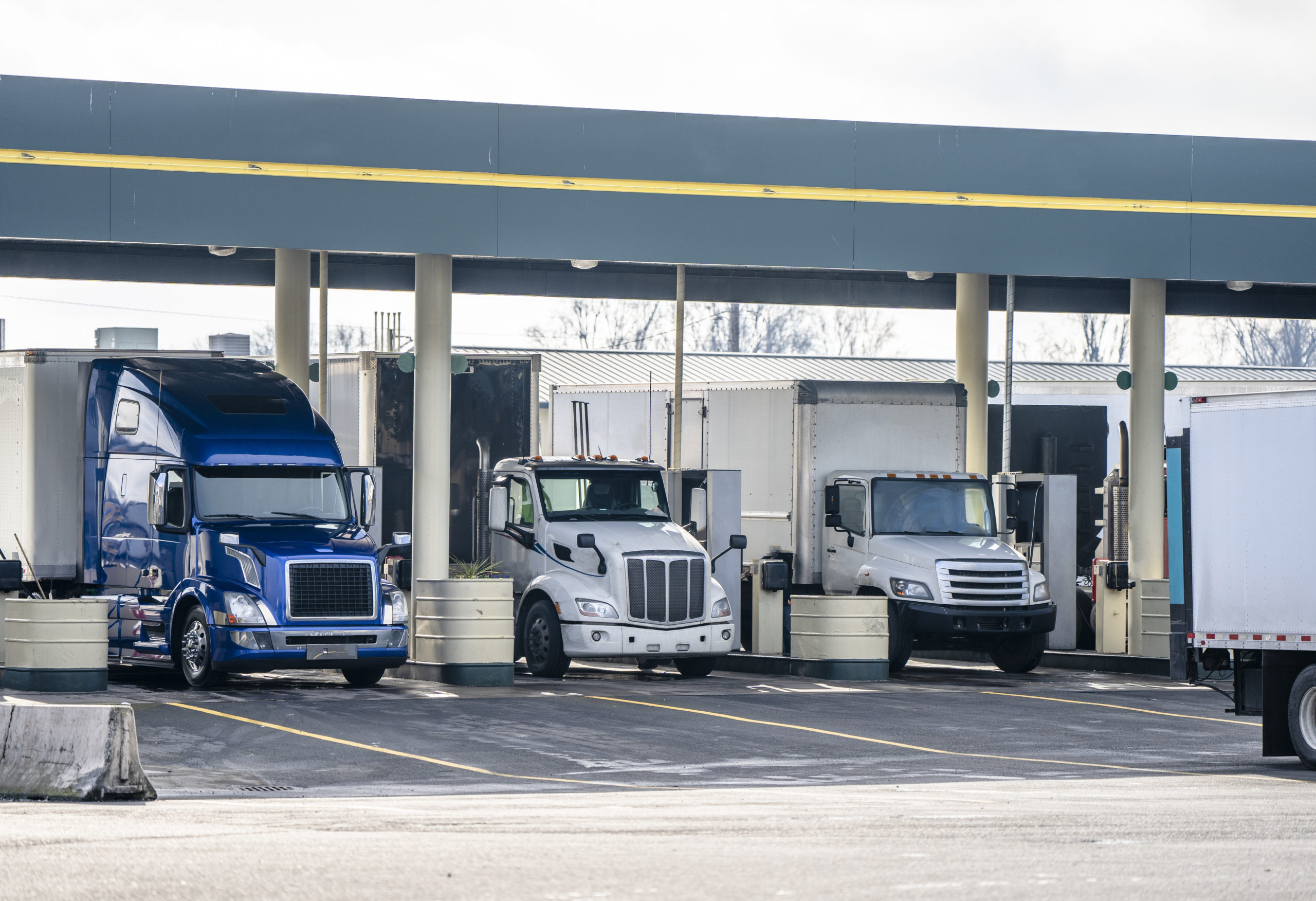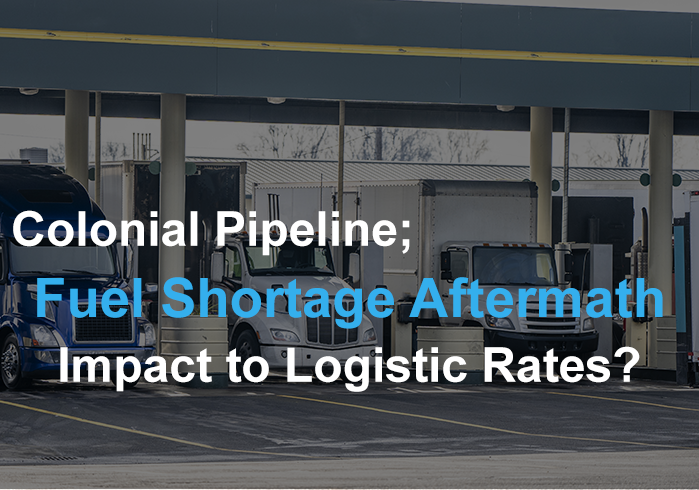
It has been reported that many gas stations on the East Coast are facing significant fuel shortages. Some drivers have responded by hoarding fuel which makes the problem worse. The underlying issue is a ransomware attack that managed to shut down the Colonial Pipeline. This is critical infrastructure for the supply and distribution of gasoline in the USA.
Last Tuesday it was reported by GasBuddy that up to 10% of gas stations in North Carolina, South Carolina, Georgia, and Virginia were facing fuel shortages. Panic buying was increasing shortages and inspiring other buyers to rush to the stations to fill up their tanks. Tiffany Wright of AAA Carolinas has criticized what is irresponsible behavior at the pump.
The US Energy Secretary, Jennifer Grandholm, has been leading calls to avoid hoarding. The pipeline is responding to the crisis by trying to resume operations as soon as possible. Demand for gasoline has risen so high that the gas supply tracking app GasBuddy experienced outages from over-subscription.
What is the fuel shortage?
The Colonial Pipeline is a vital resource, and it is not surprising that any disruption in its operations is going to have significant repercussions. This is one of the largest and most significant refined product pipelines in the entire USA. It transports over 100 million gallons of fuel throughout 5,500 miles to Houston (Texas) and New York. About 45% of all fuel consumption on the East Coast relies on the Colonial Pipeline, supplying more than 50 million people.
The pipeline transports many grades of gasoline, home heating oil, diesel, military fuels, and jet fuels using its underground facilities. There are various tankage facilities for receipt, storage, and delivery of the products. The market reaction has been surprisingly muted according to James William of WRTG Economics. There is hope that if supply is restored over the weekend, there will only be spot shortages.
Impact on gas prices
Reports indicate that gas prices are hitting $3 per gallon, a 20% increase on the previous week. Demand in the affected states has risen by over 40%. Some consumers are afraid to brave the long queues for fuel that may not be available. Hence, many are changing their travel patterns to conserve fuel and to ensure that they are not stuck on the road.
Some fuel categories are facing more shortages than others, reflecting the diversities in demand and consumption. There are states like Tennessee and Alabama where the crisis appears to be nothing more than a blip affecting less than 2% of stations. At the national level, the picture is more worrying with prices picking up nearly $3. This is the highest they have been in the last 6 years.
The futures markets were unsettled by the news, reporting many gains and losses over a relatively short period. Eventually, the markets settle no more than 2 pennies higher than the anticipated average for the season. It is expected that gasoline prices will remain strong in the mid-Atlantic. For example, the East Coast had an average of about 825,000 barrels a day in April. This is up by 50% on the 3-year average.
Currently, markets are calm, but they will panic if the crisis is not resolved soon. US gasoline inventories are comfortable now according to Peter McNally of The Bridge. For example, reported supplies are only 3% below the expected averages. Nevertheless, a peak demand season is coming up starting on Memorial Day weekend. This is just 3 weeks away and would trigger problems if the crisis is not resolved by then.
Impact on logistics pricing
Fuel shortages would be disastrous for the logistics industry. Joseph Blount of Colonial Pipeline has privately warned state officials of this possibility due to the ransomware attack. The good news is that the company has control over the pipeline. The contingency action includes working with marketers, refiners, and retailers to prevent more outages.
A portion of the pipeline is being manually operated from North Carolina and Maryland to sidestep the cyber-attack. The expectations are of full service by the weekend. Any rises in prices will hit transporters hard. If there are empty gasoline stations, goods will no longer be transported, and a bigger crisis might emerge. The inherent vulnerabilities of the energy sector are being exposed and logistics companies are one of the casualties.
Responding and planning ahead
Investors are taking stock of developments and responses without panicking. For example, RBOB gasoline futures did not change that much last Friday. Analysts are of the view that there are no real alternatives to transporting the fuel now. One of the possibilities is using rail and tankers to move fuel out of the Midwest. However, that would be a poor replacement for 1.5 million barrels of gasoline and 1 million of diesel/jet fuel a day that was handled by the Colonial Pipeline.
Some states like Florida may be able to obtain fuel using barges from Houston, Louisiana, or New York. Indeed, some fuel could be imported from Europe. The option of rail cars is limited because nobody anticipated this crisis. The time delay involved would be impractical. Some have spoken about using ships to get the refined product from the Gulf Coast to the Northeast over the long run.
This would be possible if the provisions of the Jones Act were waived according to Michael Tran of RBC Capital. The law criminalizes the transportation of cargo between points in the USA. Such a waiver was triggered in 2012 by the Department of Homeland Security following the superstorm Sandy crisis.
The problem with triggering emergency transportation is that it might be too effective for its own good creating an oversupply of fuel. Nevertheless, the Transportation Department is responding by offering more flexibility for motor carriers and drivers. The exemptions include hose transportation to certain states where drivers may work for longer than the typical 11-hour limit.
Wrapping up
The Ransomware that infected the Colonial Pipeline systems has led to panic buying. This is likely to cause or increase fuel shortages. Because the logistics industry depends on fuel transportation, there is hope that the crisis will be resolved quickly enough not to affect the supply chain. Over the long-term, there will likely be a review of the vulnerabilities of the energy sector so that these weaknesses can be remediated.



